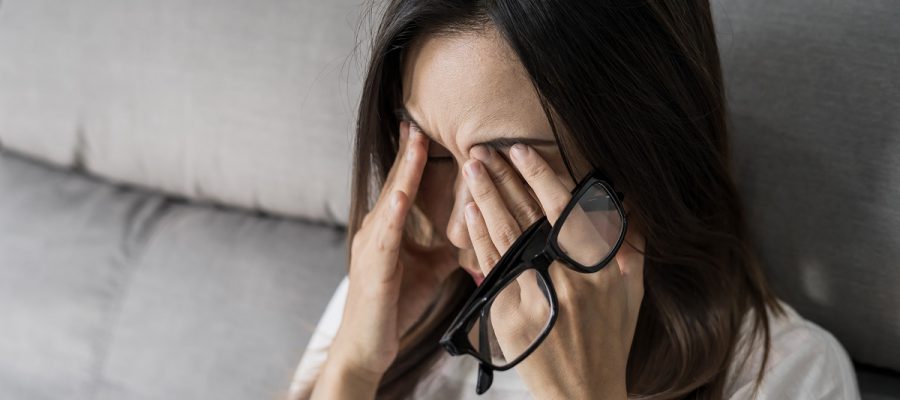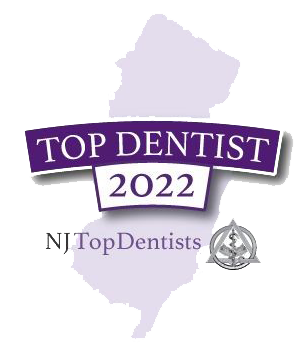
What Are Tension Headaches?

Tension headaches are the most common type of headache, yet the causes of these headaches are largely unknown. Some experts believe the headaches stem from muscle contraction or tension in the neck and scalp muscles. Tension headaches most commonly affect older teenagers and adults, and are slightly more likely to affect women than men.
Read on as Dr. Ivan Stein of the Headache & TMJ Center of New Jersey explains what you should know about tension headaches.
Symptoms of a Tension Headache
Tension headaches cause mild to moderate pain or pressure, usually affecting both sides of the head. With a tension headache, it may feel like there is a vice or band around the head. The scalp, neck and shoulder muscles may feel tender. Severe pain is uncommon with tension headaches.
Unlike migraines, tension headaches usually do not cause nausea, vomiting or visual disturbances (i.e., “auras”). Rarely do tension headaches cause a heightened sensitivity to light or sound like migraines do.
When Are Tension Headaches Considered Chronic?
Tension headaches that occur 15 or more days a month for at least three months are considered chronic.
Chronic tension headaches can affect quality of life. They may prevent you from going to work or attending social functions. If you do go to work with a tension headache, the discomfort may interfere with your productivity.
If you find yourself experiencing chronic or recurrent headaches, you should see a doctor for a physical exam to try to identify the type and cause of the headache. Treating chronic tension headaches can vastly improve your quality of life.
Treating Tension Headaches
Usually the first line of defense against tension headaches is over-the-counter pain relief medication (e.g., aspirin, ibuprofen). Sometimes doctors prescribe preventative medications (e.g., antidepressants, anticonvulsants) for frequent or chronic tension headaches.
Lifestyle remedies can be helpful in relieving certain tension headaches. Getting plenty of rest, taking a hot shower or applying an ice pack to the head can reduce some of the pain. Limiting consumption of caffeine, sugar and alcohol and drinking plenty of water can help. Regular exercise and a healthy diet are also recommended.
Some people turn to alternative medicine like acupuncture, massage or relaxation therapy to reduce tension headache pain.
Contact a Headache Expert
If you are experiencing recurrent headaches and not finding the relief you need from medication or lifestyle remedies, you should discuss your symptoms with Dr. Stein. He invites you to schedule a consultation at the Headache & TMJ Center of New Jersey by emailing us today.

